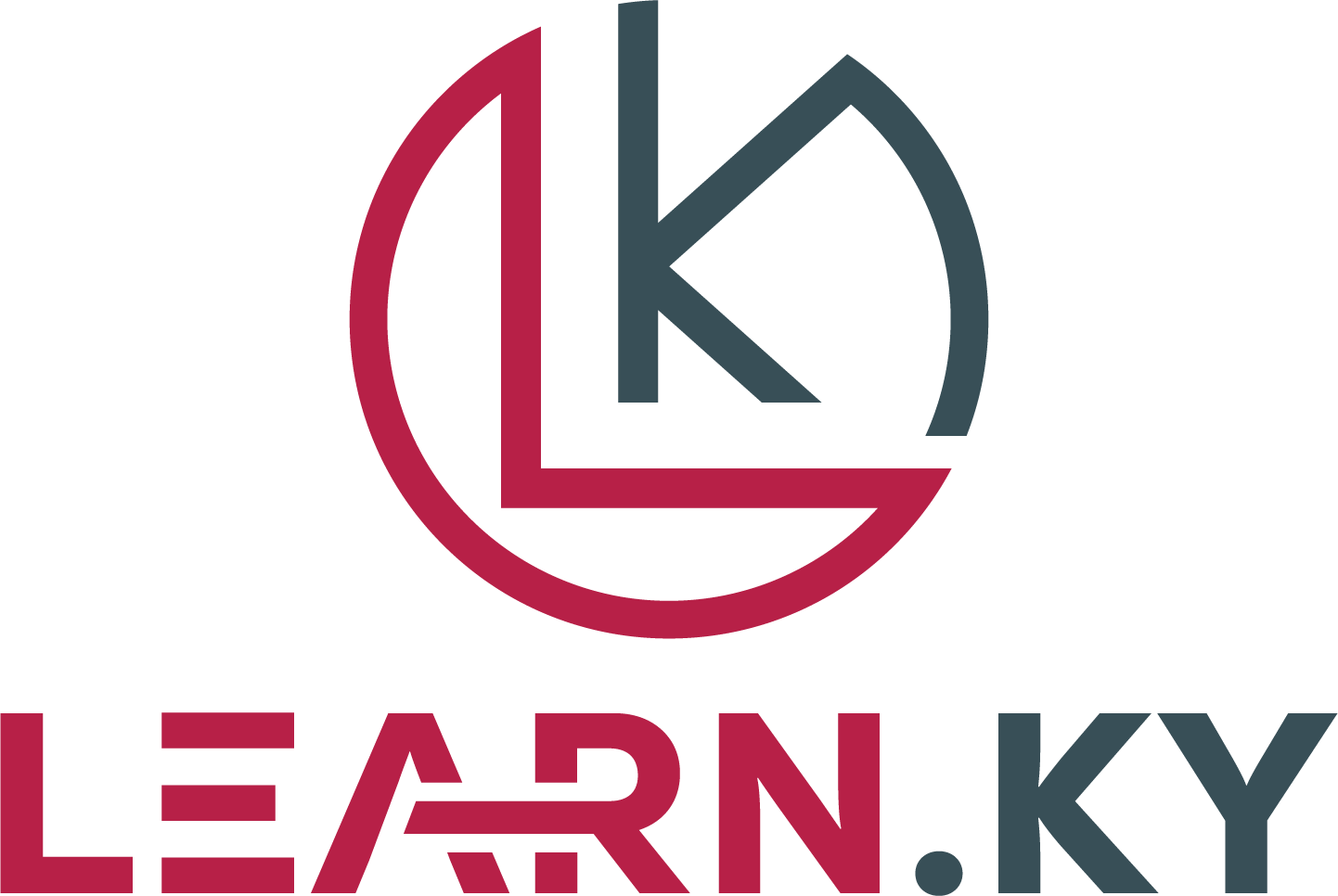One of the key areas where AI is poised to make a significant impact is in the realm of predictive analytics. By leveraging machine learning algorithms, businesses can now analyze vast amounts of data to uncover valuable insights and forecast future trends. This capability enables companies to make more informed decisions, optimize processes, and identify new opportunities for growth. For example, retail giant Amazon uses AI to predict customer preferences and recommend products, leading to a personalized shopping experience that drives sales.
Another frontier where AI is revolutionizing business is in automation. By automating routine tasks and processes, businesses can increase efficiency, reduce errors, and free up human resources to focus on higher-value activities. For instance, financial institutions are using AI-powered chatbots to handle customer inquiries and transactions, providing instant and personalized service round the clock.
Moreover, AI is reshaping the customer experience landscape. By analyzing customer data and behavior, businesses can tailor their offerings to meet individual needs, creating a more personalized and engaging experience. For example, streaming platforms like Netflix use recommendation algorithms to suggest content based on viewers’ preferences, leading to higher engagement and customer satisfaction.
However, as AI continues to advance, it also poses challenges for businesses. One of the main concerns is the ethical implications of AI, particularly around data privacy and bias. As AI relies on data to make decisions, there is a risk of perpetuating existing biases or infringing on individuals’ privacy. Companies must therefore prioritize ethical considerations and transparency in their AI deployment to build trust with customers and stakeholders.
Another challenge is the potential impact of AI on the workforce. While AI can automate mundane tasks, there is a fear that it may replace human workers in certain industries. To mitigate this risk, businesses need to invest in reskilling and upskilling their employees to leverage AI as a tool for productivity and innovation.
In conclusion, the future of AI in business holds immense potential for driving growth, innovation, and efficiency. By harnessing the power of AI to augment human capabilities, companies can unlock new opportunities and stay ahead in a rapidly evolving market. However, to maximize the benefits of AI, businesses must address the ethical, regulatory, and social implications associated with its adoption. By embracing AI responsibly and strategically, businesses can unleash its full potential and thrive in the digital age.










